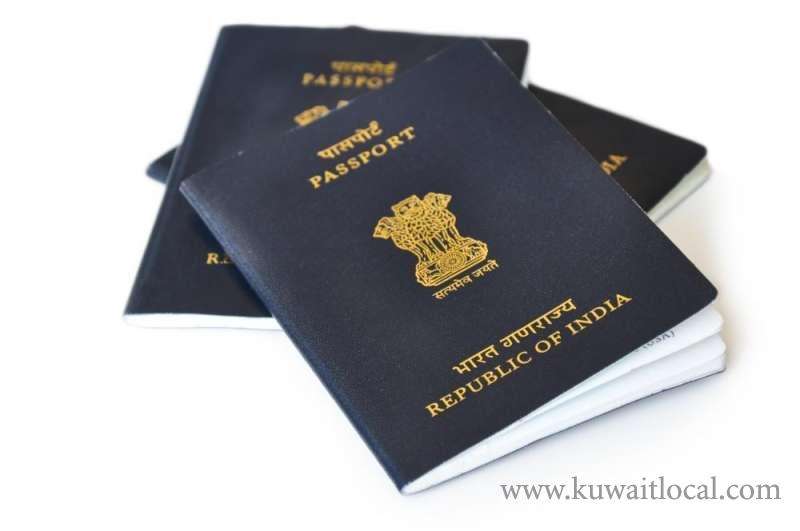The decision by the Indian Ministry of External Affairs (MEA) to continue the practice of printing of the last page of the passport and not to issue a separate passport with orange color jacket to ECR passport holders is a welcome decision, said Indian Consul General Mohamed Noor Rahman Sheikh here on Wednesday.
The MEA said that it would be continuing with the practice of printing the last page of passport and not issuing separate passport with orange color jacket thus reconsidering the implementation of the three-member panel, comprising officials of MEA and the Ministry of Women and Child Development, recommendations.
“This review and subsequent decision not to implement the decision was the result of a large number of representations from individuals and community groups to the MEA, saying that ‘it isn’t fair to give different-colored passports for a particular category of people’,” Sheikh said.
“And of course in India the last page contains the address and parents name of the particular passport holder, and is very useful for any person who has not stayed in his home for some time or stayed abroad for years, so it becomes a reference point for them,” Sheikh added.
“This is what a lot of community people wanted, and a lot of people and community leaders have been calling us and thanking the MEA for the review and reconsideration, while some have come and conveyed to us personally that they feel that this is a great decision of the government of India,” Sheikh said.
He added, “They were particularly grateful to External Affairs Minister Sushma Swaraj, who decided to review the decision before implementation and are very happy that their request has been acceded to by the government.”
The MEA, following several individual and collective representations requesting reconsideration of these two decisions, decided not to implement the decisions in the larger interests of the people, who voiced concerns at the orange-colored passport with ECR.
The ECR status in an Indian’s passport is a regulated status where emigration clearance is required for the passport holder, whose educational qualification is matriculation (secondary school certificate in India) or below.
At a meeting, on Monday, chaired by Swaraj, the MEA reviewed the two key issues that had drawn many people’s ire and evoked quick representations. Gen. (Retd.) Dr. V.K. Singh, minister of state for external affairs, too attended the meeting.
“After comprehensive discussions with various stakeholders, the MEA has decided to continue with the current practice of printing of the last page of the passport and not to issue a separate passport with orange color jacket to ECR passport holders,” a MEA statement said.
The MEA took the decision to issue a passport with orange color jacket to passport holders with ECR status, with a view to help and assist them on priority basis. The government backed this move stating that this would make immigration checks easier and more efficient, besides providing holders of such passports with help in foreign countries.
But many expats protested this move saying this would lead to discrimination among Indian citizens based on their economic and educational qualifications. They said that it is equivalent to dividing the economically backward Indians as second-class citizens. Some decried the move by saying that this move would create divisions in a family with people in the same family carrying different-colored passports.
Many in the Gulf felt that this move to provide the orange colored passports would run counter to the intention of helping and assisting the people with these passports, for they will be more vulnerable for exploitation by people running recruitment rackets.
A firestorm ensued, especially among the non-resident Indians in the Gulf, when the Indian government recently announced that new passports would no longer have a page displaying the address, spouse and parents particulars of citizen. The address proof page is crucial in country with large multi-ethnic and cultural diverse community in order to establish the identity of Indian workers, especially in death cases in remote areas.
They felt that the abolishing of the last page of the Indian passport that contain the address and parent particulars of passport holders would also likely pose a major hurdle for them in obtaining visit visas for parents, spouse and children and cause further delay in repatriation of dead bodies and sick workers back home.
SOURCE : SAUDIGAZETTE









